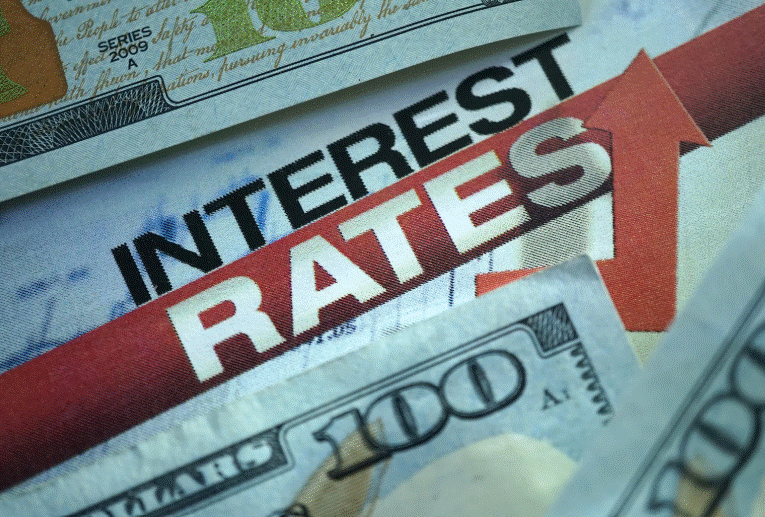In the ever-evolving landscape of real estate, mortgage interest rates play a pivotal role in shaping the housing market. Over the past year and a half, we've witnessed mortgage rates hover around the 7% mark, a significant shift from previous years. While these rates may seem daunting at first glance, they carry both expected and unforeseen impacts that homeowners, homebuyers, and industry professionals must navigate. Let's delve into the implications of these 7% mortgage interest rates and offer insights into how individuals can adapt to this new norm.
Affordability Challenges
One of the most immediate impacts of higher mortgage rates is reduced affordability for homebuyers. With higher interest rates, monthly mortgage payments increase, making it more difficult for prospective buyers to qualify for loans and afford homes within their desired price range. This can result in a slowdown in home sales and a shift in market dynamics.
Impact on Home Prices
As affordability decreases, home prices may experience moderation or stabilization. Sellers may need to adjust their pricing expectations to align with the purchasing power of potential buyers. Additionally, regions with already high housing costs may see a more pronounced effect on home prices, leading to localized shifts in market activity.
Refinancing Dynamics
Higher mortgage rates often deter homeowners from refinancing their existing mortgages. Those who previously refinanced at lower rates may find it less advantageous to do so now, leading to a decline in refinance activity. However, homeowners who are considering cash-out refinancing to access home equity may still find it beneficial, depending on their individual financial circumstances.
Impact on Housing Market Dynamics
The 7% mortgage interest rates have the potential to influence housing market dynamics in various ways. Buyers may become more selective, prioritizing properties that offer greater value and long-term investment potential. Sellers may need to adjust their marketing strategies and pricing tactics to attract motivated buyers in a more competitive market environment.
Regional Variations
It's important to note that the impact of 7% mortgage rates can vary significantly depending on regional factors such as local housing market conditions, employment trends, and economic stability. While some areas may experience more pronounced effects, others may remain relatively resilient due to unique market dynamics.
Long-Term Planning Considerations
Despite the initial challenges posed by higher mortgage rates, it's essential for homeowners and homebuyers to adopt a long-term perspective when navigating the housing market. Making informed decisions based on individual financial goals, market trends, and economic indicators can help mitigate risks and capitalize on opportunities for growth and stability.
While the shift to 7% mortgage interest rates may present unforeseen challenges for the real estate market, it also offers opportunities for adaptation and strategic planning. By staying informed, remaining flexible, and seeking guidance from knowledgeable professionals, individuals can navigate these changes effectively and position themselves for success in the evolving landscape of homeownership and real estate investment.





